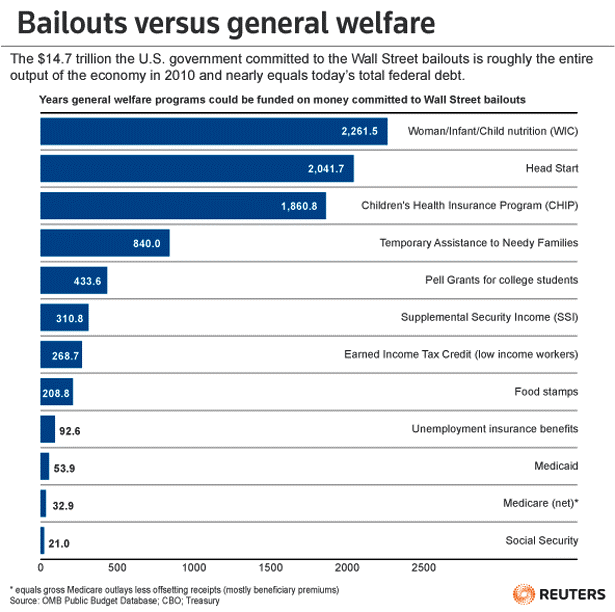John Bel Edwards just took a powerful step toward ensuring entitlement programs are not abused by those who shoudl be working on bettering themselves.
For nearly 20 years, Louisiana has been able to apply for a waiver from the Supplemental Nutrition Assistance Program thanks to federal guidelines. This was based on our unusually high unemployment rate when the state originally applied.
Not any longer.
Last Thursday, Edwards signed an executive order which would apply to all “able-bodied, childless” adults who aren’t in school, working “in a job-training program or otherwise exempt from current federal work requirements,” according to The Advocate.
If these people do not keep in regular contact with job counselors at one of the 59 Louisiana Workforce Commission’s Business and Career Solutions Centers, they will lose their benefits.
This is a great idea because forcing people to better themselves is sometimes necessary.
The concerns of poverty warriors calling this measure mean spirited or discriminatory are unfounded.
Opponents of the work requirements claim it forces parents to pay for daycare instead of being home and taking care of their children. This specific measure does not apply to parents, but work requirements for parents must not be off the table either.
No one should have children unless they are in a steady employment situation in the first place. However, I understand that unforeseen crises can occur, which could necessitate one using SNAP benefits while temporarily unemployed.
For those who have no skills, these new requirements will motivate them to get up and acquire some, and their children will be fine.
There is already a program in Louisiana called the Child Care Assistance Program, which “helps low-income families pay for childcare while working or attending school or training.”
According to the Louisiana Budget Project, the number of people eligible to utilize this program dropped from 40,000 in 2008 to just 15,000 in 2014.
This is all a result of the disastrous budget cuts former Gov. Bobby Jindal enacted to please his corporate whoremongers. If the last-minute $44 million in cuts to the Department of Education had materialized, this program might have seen steeper reductions.
All of this gets to a much broader issue: the fitness and leanness of government programs to accomplish their tasks without overburdening the taxpayer.
Currently, Louisiana is addressing the low hanging fruit of whipping into shape the boogeymen of lazy welfare recipients, which, in principle, is a good thing.
What will take more political courage and may force some into the uncomfortable position of going against the powerful Louisiana Association of Business and Industry, is finally chipping away at our tax subsidy disaster.
Industry has burdened the state long enough, and with a $750 million shortfall impending, the time has come to stop them from gorging off the government teat they cling to so desperately.
New numbers arrived last week and once again, “Louisiana continues to pay out more to cooperation in tax rebates” than it collected in tax receipts, according to The Advocate.
In the latest comprehensive study of our corporate welfare system completed by the Department of Revenue, the results were a fiasco.
Of the 87 largest companies who filed tax returns in 2012, “only one-quarter of them paid corporate income taxes in Louisiana, even though 96 percent of those that make financial reports public said they were profitable.”
What’s worse is that “many companies received refunds from refundable tax credits that exceeded their income and franchise liability,” according to The Advocate.
This is a huge problem and a massive disparity, but it doesn’t get as much outrage as the fear of regular citizens abusing the welfare system.
Some folks have a hard enough time filling out their tax returns, so, to a degree, the dearth of alarm over this issue is understandable.
Something else is afoot here, though.
It’s also because of the brilliance of industry leaders who are masterful in touting employment numbers and upticks in McMansion building as proof of the necessity of business tax exemptions.
Addressing abuse on all levels of the welfare system is important. Companies and people need to come before fitness boards ensuring they are working to thrive on their own without the aid of taxpayers’ money.
After all, isn’t that what the free market is all about?
Garrett Hines a 22-year-old political science major from Monroe, Louisiana.
Opinion: Louisiana halfway there to full welfare reform
April 24, 2016
More to Discover











